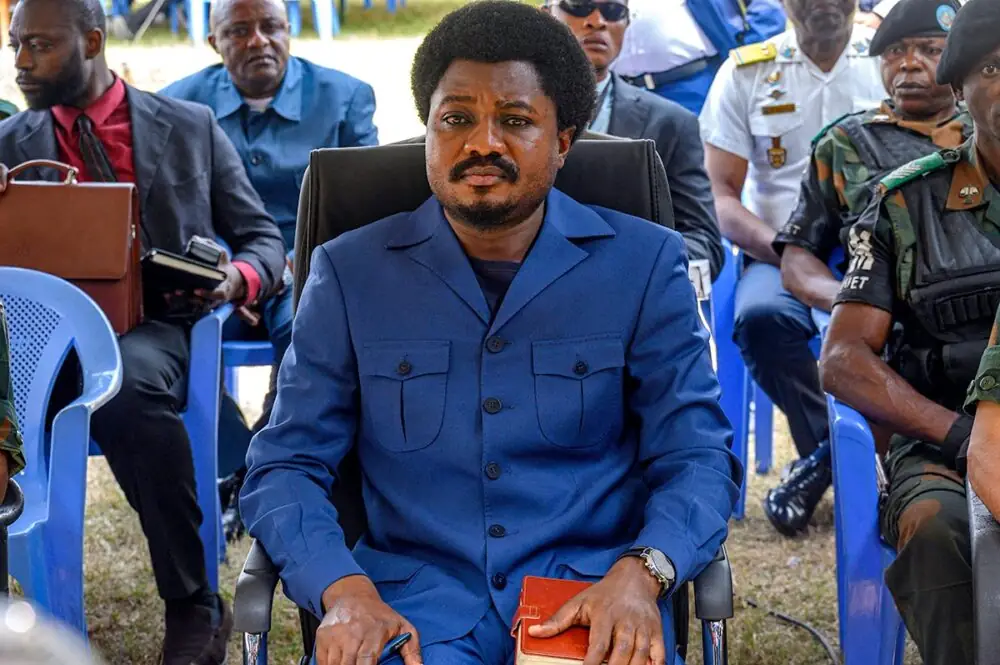
The Democratic Republic of Congo’s former Justice Minister, Constant Mutamba, appeared before the Court of Cassation on Wednesday, July 9, 2025, facing allegations of embezzling $19 million earmarked for a prison construction project in Kisangani.
The case, charged with political undertones, marks a pivotal moment in the country’s battle against high-level corruption.
According to the prosecution, Mutamba released public funds for the prison project without the legally required approval from the Prime Minister.
Although the funds were not ultimately transferred to the selected construction firm, judicial authorities argue the risk of embezzlement was significant and only thwarted due to timely intervention by the financial intelligence unit.
The courtroom drama unfolds against the backdrop of a long-standing conflict between Mutamba and the judiciary.
During his tenure, the former minister was an outspoken critic of Congolese magistrates, accusing them of obstructing judicial reform.
Now, those very magistrates are tasked with ruling on his fate—an ironic twist that has fueled widespread debate and raised concerns over judicial impartiality.
“For Constant Mutamba and his supporters, this is not a matter of financial misconduct but administrative mismanagement,” said a legal observer close to the proceedings.
“They believe it’s a politically motivated attempt to derail his influence.”
Mutamba has publicly denounced the charges as part of a political cabal aimed at sabotaging his reformist agenda and hampering the national response to what he termed “Rwandan aggression.
” Declaring his intention to fight back, he vowed to prove his innocence and preserve his political future.
The stakes in this trial extend far beyond the courtroom. As the judiciary presses forward, the case has become emblematic of the struggle between Congo’s executive and judicial branches—a contest that may redefine institutional power in the country.
At its core, the trial tests whether Congolese institutions can credibly hold senior officials accountable amid growing public demand for transparency and justice.



